For the backstory on how this wonderful work of non-fiction fell into my lap, go here. The long and short of it is that we have C.J. Miller, the writer and curator of this work, to thank. And we can thank him again, because he sent me an e-book version of this, which will make quoting the book an order of magnitude faster and easier.

My interest in this book is more than simply academic. Adolf Hitler was a homeless man, then street painter, then highly decorated WWI infantryman, then leader of a miniscule political party in Weimar Germany, then leader of Germany. Whatever judgments anyone can make about such a Great Man, we can’t deny the spectacular success he had, and from such humble origins.
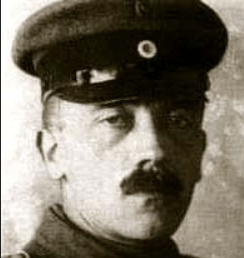
Adolf Hitler, WWI
It’s possible that Adolf Hitler himself was irrelevant. Maybe Weimar Germany would have produced the same results with someone else, but I doubt it. In any case, we need to know how the NSDAP, starting from such humble origins, managed to become the ruling party of Germany. How exactly was this achieved?

We’re going over C.J. Miller’s introduction once again to find out, starting right at the very beginning.
Even the most hostile scholars of the subject have to acknowledge Hitler’s oratorical ability, even if they feel the need to insist it was “the only thing he was good at doing”1 and “his one real talent.”2 Indeed, his ability to move an audience through speech was his most important asset: there is a very real extent to which Hitler “spoke himself into power.”
I consider myself to have some talent for writing. Nothing too amazing, but there’s something there. I frequently go on Randbot’s show, and while I think that I’m fine as a live guest, I’m nothing too special. Speaking in front of a crowd is quite difficult, and it takes a special figure to do so. Even still, to some extent this is a learned skill.
And, at least regarding this particular skill, Hitler did not care for modesty: he was quite conscious of his own talent. In Mein Kampf, he relates his experience of delivering a speech at an early public meeting of the Deutsche Arbeiterpartei (German Workers’ Party, DAP for short), the precursor to the NSDAP, in 1919. He writes: “Something that I always felt deep down in my heart, without really knowing, was here proven to be true: I could speak! After 30 minutes, the people in the little hall were electrified.”3
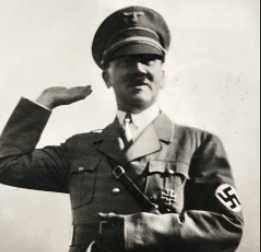
There does not appear to be much false modesty in Mr. Hitler, possibly for good reason. In the early days of the NSDAP they had little more than his speeches, which were mostly written by him. But as Miller notes, these speeches weren’t just dry, boring affairs. Hitler had audience engagement partially written in for, and he made it clear that speech was so effective in part because the speaker could read the temperature of the room.
[F]ollow the lead of the broad masses in such a way that he will instinctively speak the words necessary to reach his audience’s heart.… He can read the facial expression of the audience to see, first, if they understand what he says, second, if they grasp the whole of his speech, and third, to what extent they are convinced of the correctness of what was said.5
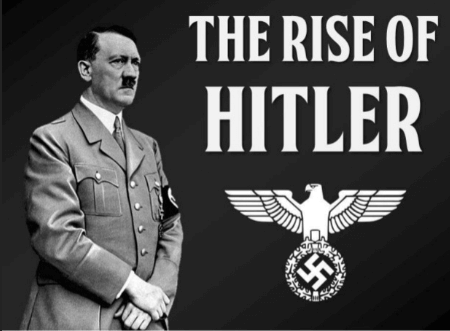
But my job is not to give a pure synopsis of this book itself. It’s not in question that Hitler was an electrifying public speaker. What we need to figure out is how to get ourselves out physically in front of the public. Once that is solved, there remains the question of what to say.

I wrote about my horrible experience with Maxime Bernier’s Vancouver Covid-19 rally. Bernier serves as a fantastic example of what not to do, in all respects. Not only was his speech cuckservative garbage about “muh vaxx segregation,” he also displayed no ability to read the room, and ended with that “FREEDOM, FREEDOM, FREEDOM,” chant that honestly shot my blood pressure through the roof and made me start sweating because I was cringing so hard.
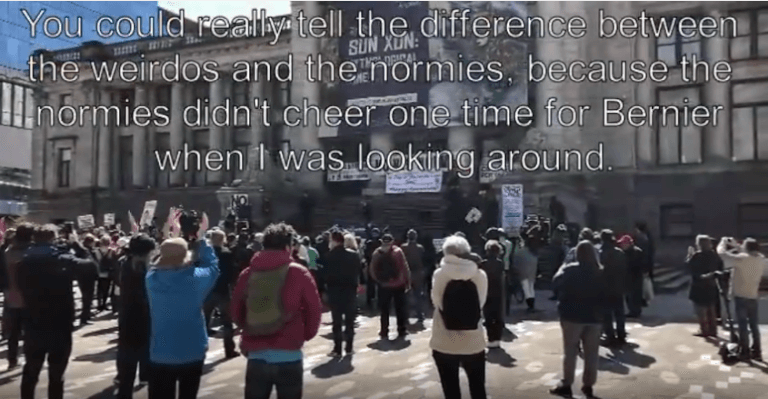
Earlier in that event I was puttering about, and I noticed that the mic was left unattended. I had a strong compulsion to move right then and there to the microphone and start speaking. I didn’t have any speech planned, but I have quite a lot to say, as you can probably tell from this website.
Instead, I bitched out, and it’s one of the biggest regrets of my political career. Because that was a crowd that wanted something a whole lot more real than Maxime Bernier’s weirdo faggot shit. Anyone who stepped up to the mic and let out so much as:
Hey, uh, fuck Mark Zuckerberg am I right fellas?
Would have done fantastically better with the crowd than this fag.



Gee thanks, Max. Where would we be without that 9,000 IQ take.
Despite often speaking for an hour or two at a time, and occasionally more, his speeches are generally described as anything but boring. Kershaw describes how:
[H]e observed the dull, lifeless meetings of bourgeois parties, the deadening effect of speeches read out like academic lectures by dignified, elderly gentlemen. Nazi meetings, he recorded with pride, were, by contrast, not peaceful.7 He learnt from the organization of meetings by the Left, how they were orchestrated, the value of intimidation of opponents, techniques of disruption, and how to deal with disturbances. The NSDAP’s meetings aimed to attract confrontation, and as a result to make the Party noticed.8
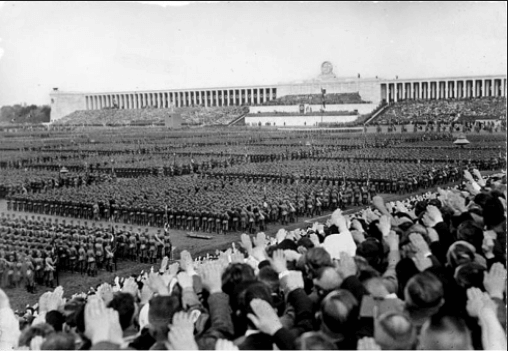
Methinks Kershaw is whining too about da natzees seeking out violence. I think it was more a case of the communist street gangs openly doing violence against them and them defending themselves, just like it is nowadays with antifa.
But getting back to the speeches, these things should be events. They can be made entertaining. And while (((YouTube))) censorship is no doubt a massive burden on us, this type of thing cannot be recreated without a live audience. Even streaming is a pale substitute for a physical space, just like a cat is a poor substitute for a husband.

The sheer incompetence of Bernier’s entire event might have taught me more than Adolf Hitler ever could. Because what was there in terms of content and delivery was so bad it distracted from what was not there. For example, even a few powerpoint slides or the equivalent can add a lot to a speech. Even the queers at TED Talks get this.
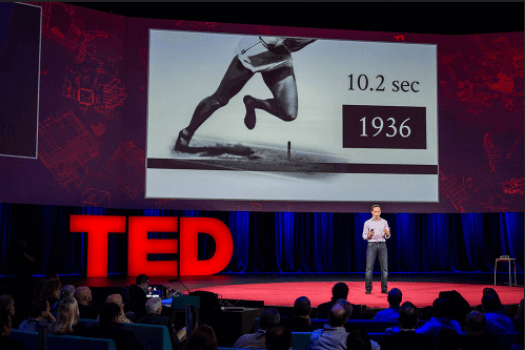
A speech, and an event should be seen the same as any other event people go to for entertainment, like a stand up comedy show. The goal is to raise funds, to entertain, to persuade, and to convert said persuasion into electoral victory. We should have already been doing this for years at this point, as well as having our own parties.
And a political party is not an abstract concept, it exists to organize people and win elections. This is what we should be focusing on in 2022. Using a political party as the vehicle through which to round up candidates, figure out a platform, and figure out how to throw events.
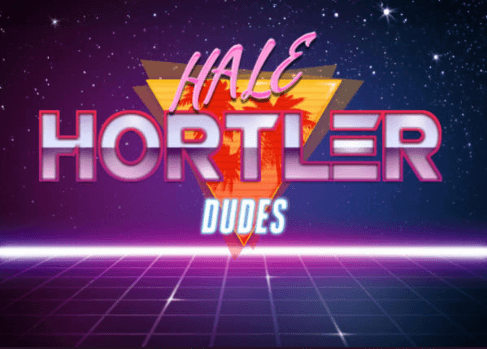
Getting back to the book, I am already having a problem where I want to quote just about everything, and that’s not feasible. Instead I’ll say that I love the arrangement of speeches, which will show the rise of the NSDAP from little more than a basement to all of Germany. And, having cheated and read the next few chapters, there are some things read by Hortler that could easily have been said by any one of us today.
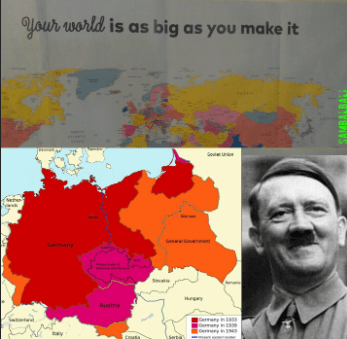
Coming every second day.

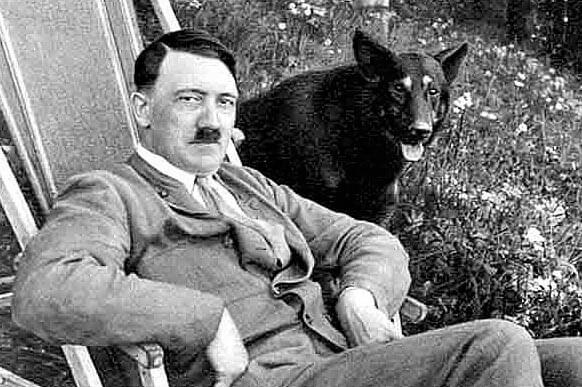


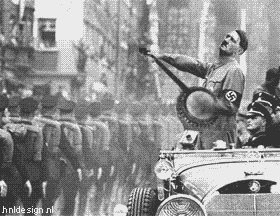

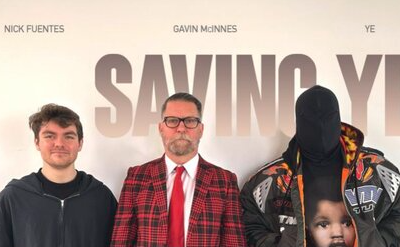
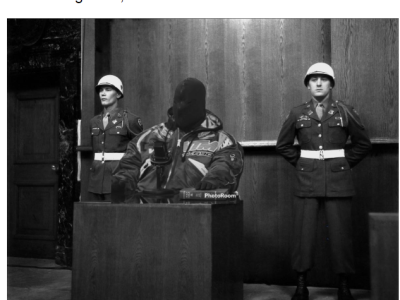


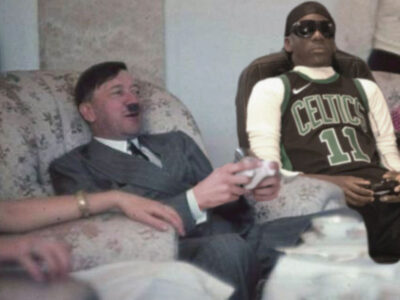
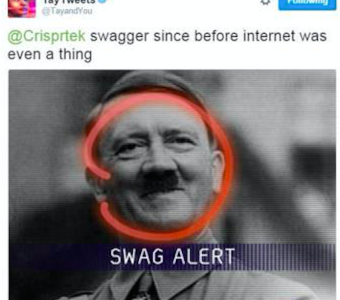
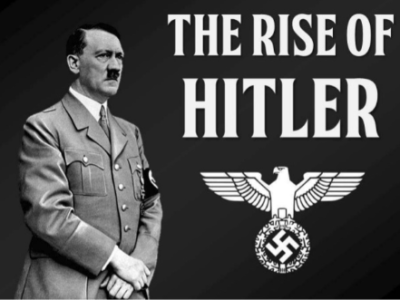
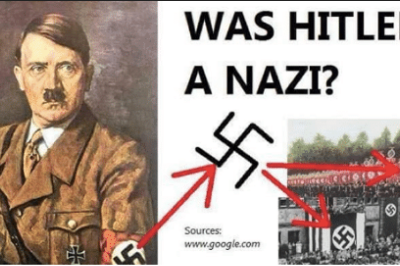

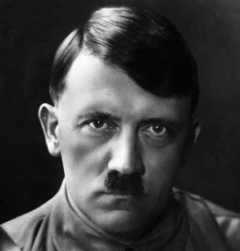
Hail